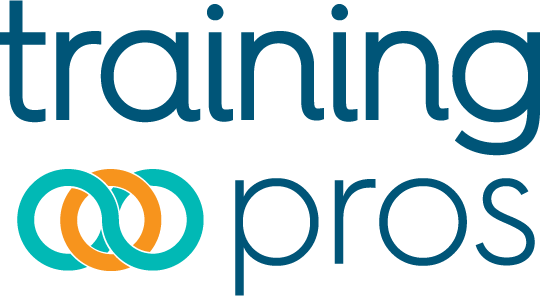David Festa
Supplier Quality Manager
CooperSurgical
David Festa is currently the Supplier Quality manager for CooperSurgical overseeing the implementation of the global supply base policy. CooperSurgical Inc., a wholly owned subsidiary of The Cooper Companies which also includes CooperVision, is dedicated to women’s healthcare by providing medical devices, instruments and disposable products for the OB/GYN setting, Assisted Reproductive Technology and Neo-Natal care. He has been with CSI for 4.5 years of his 17+ years in the medical device manufacturing arena.
David will be one of the distinguished speakers at the 4th Semi-Annual Medical Device Supplier Quality: Efficiency and Collaboration Conference.
Why is the 4th Semi-Annual Medical Device Supplier Quality Conference important for quality executives?
The 4th Semi-Annual Medical Device Supplier Quality Conference is very important for quality executives in that it gives them the opportunities to interact with their peers within the industry, understanding best practices and, in some cases, understanding how regulatory obstacles and implications were addressed.
What initiatives are on the horizon for your team in 2016-2017?
My team is facing the integration of new companies, along with the development and implementation of a risk-based component classification process which will drive the qualification and validation efforts. In addition, my department is driving the Global Supplier Quality Management (SQM) initiative which will bring a common selection, evaluation, and monitoring process throughout CooperSurgical Sites.
In what ways have you made collaboration with suppliers a reality?
One of our main objectives of the SQM program was to increase the bench-strength of our supply base. In some cases, we realized that the specification and expectations were not clearly defined. In addition, the measure correlation was contradicting. To this end, we continually work with the suppliers to address nonconforming material and/or complaints associated with their products to ensure no recurrence.
What internal departments do you feel are important to be included for holistic/cross-functional supplier quality?
Our program is based on the concept that the supplier risk can come from three distinct areas: Business, Technical, and Quality. To this end, the Purchasing department plays a role in the assessment of the supplier’s profile (i.e. ownership, location, business stability) whereas the Engineering group is tasked with Technical analysis to ensure the manufacturing process is robust and capable of producing the specific commodity. The Quality department is then evaluating the supplier’s QMS to ensure robust processes are in place.
What are some of the benefits you’ve experienced with involving suppliers in early product development stages?
Our business is a mix of acquisitions and new product development; with that said, I have experienced the spectrum of suppliers coming in from an acquisition and can say that having development time with a supplier on a new product can make the downstream efforts flow very smoothly.
Does your organization have a PPAP in place? If so, what are some of the challenges and opportunities with a PPAP?
Our organization does not yet have a PPAP in place.
What is one thing you hope to learn or discuss with your peers at the Supplier Quality Conference?
One of the key items that I am looking to discuss with my peers at the Supplier Quality Conference is the integration of new standards, and how that plays into the auditing and evaluation of suppliers.





